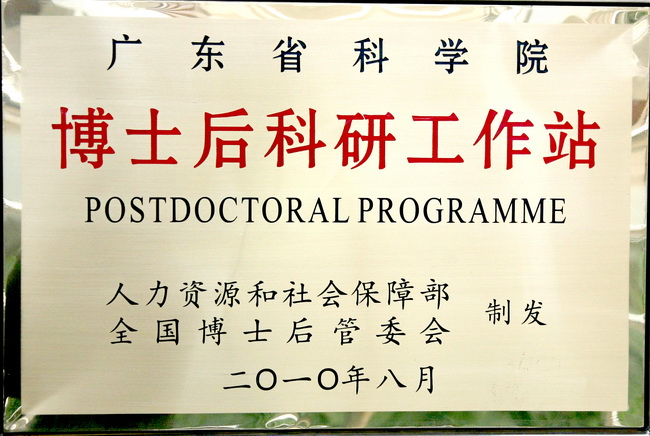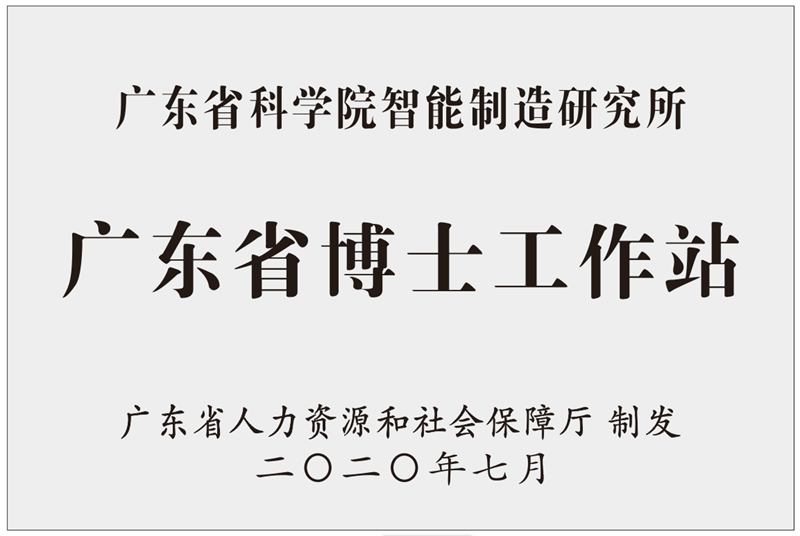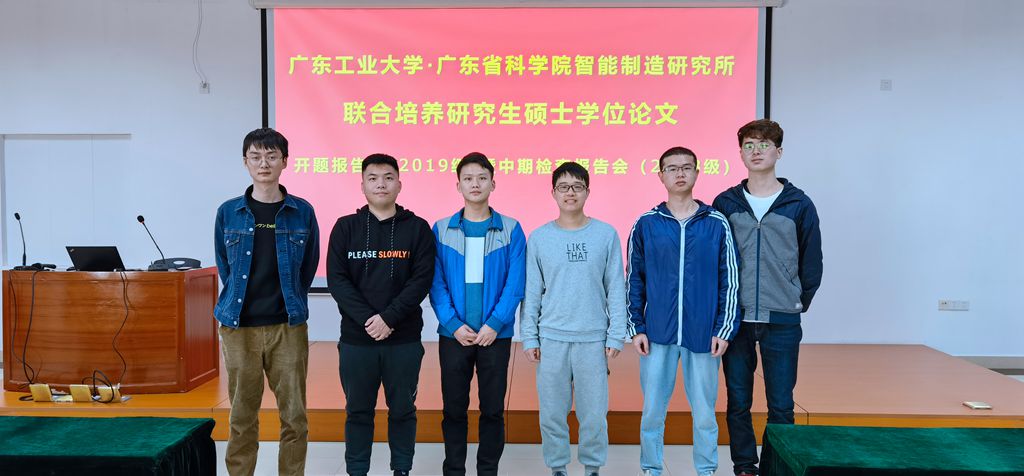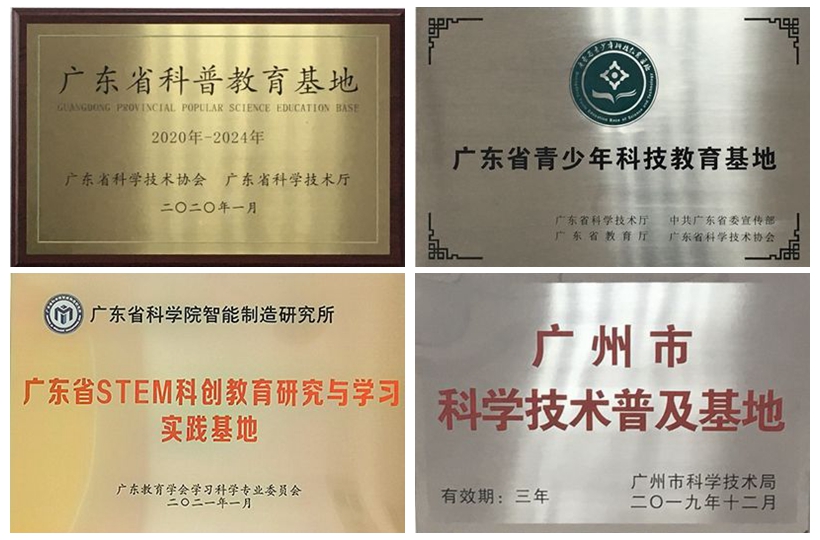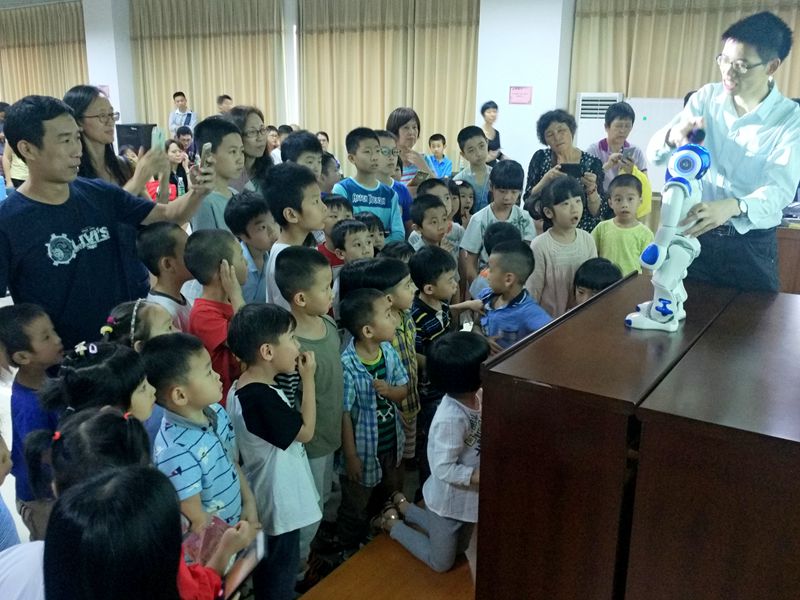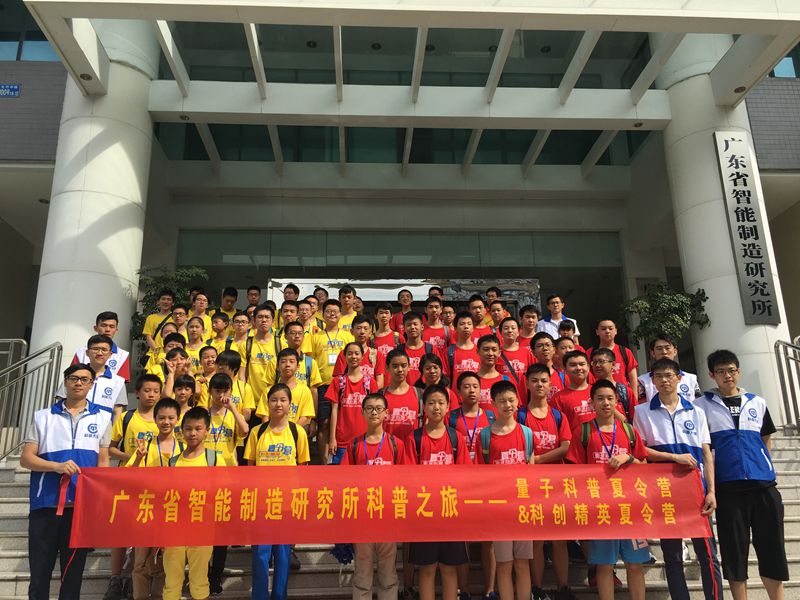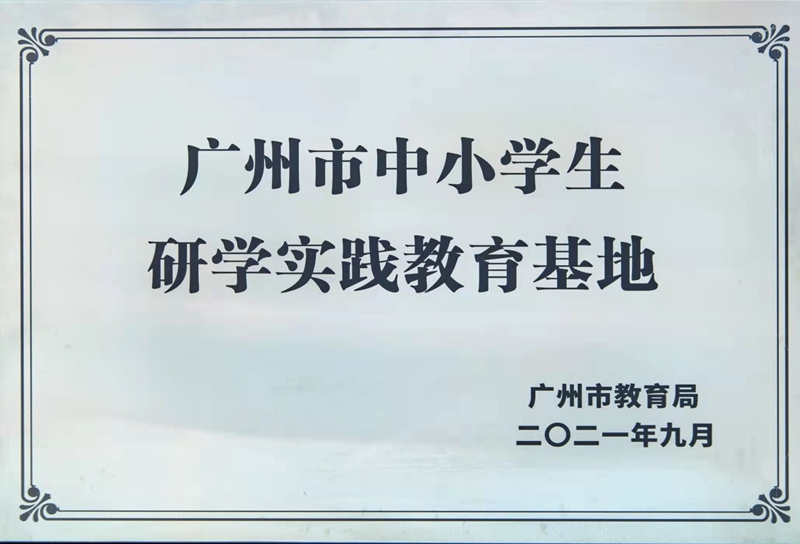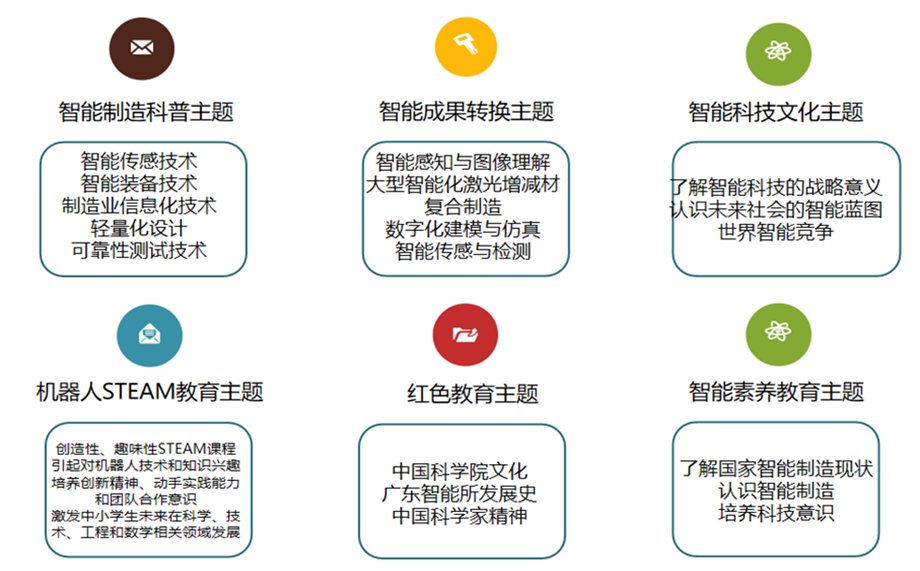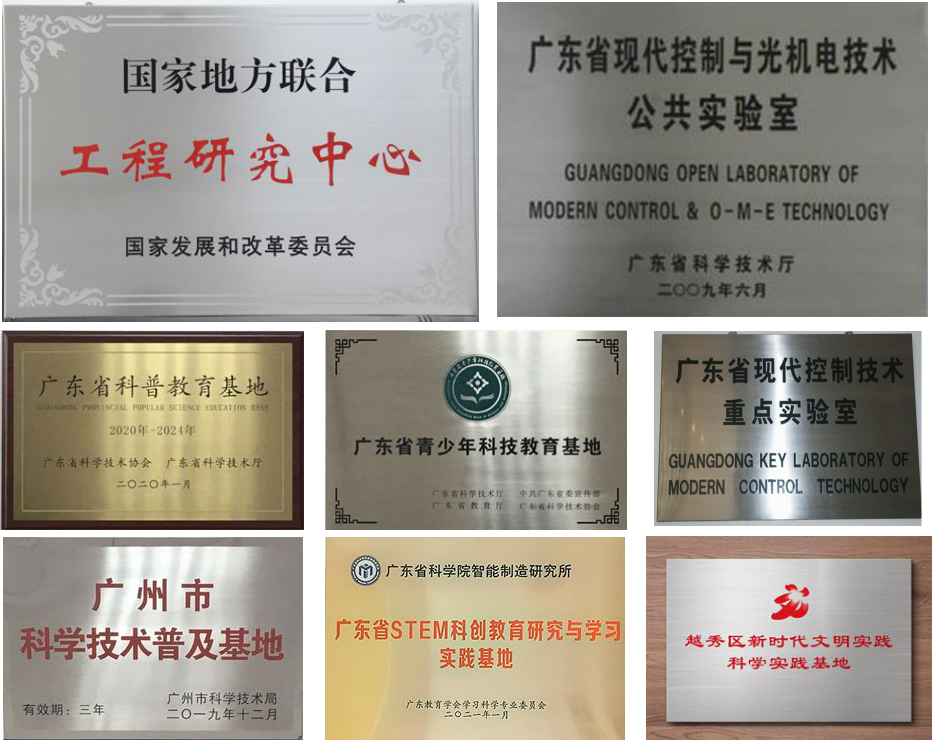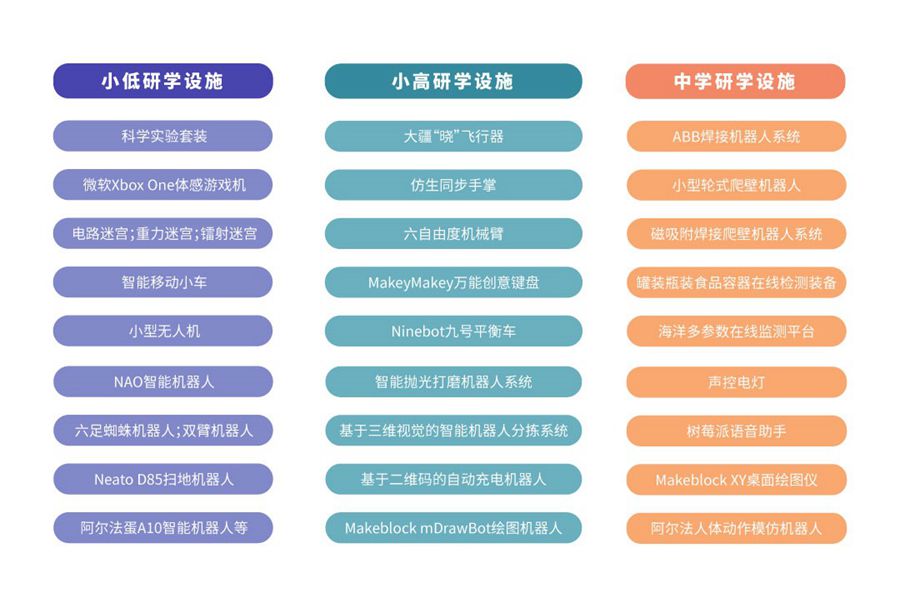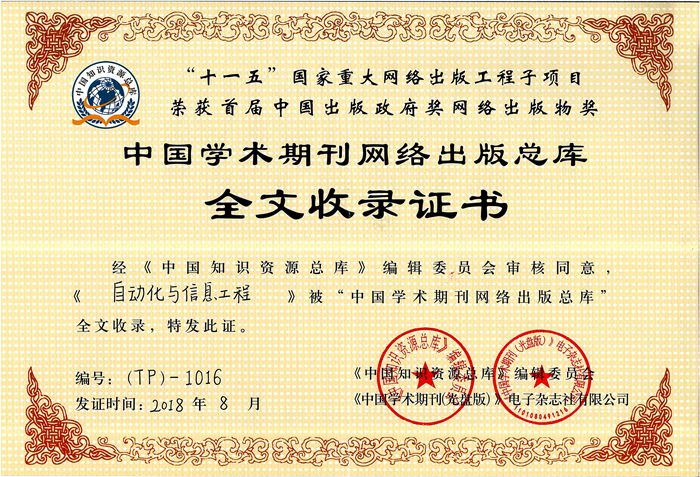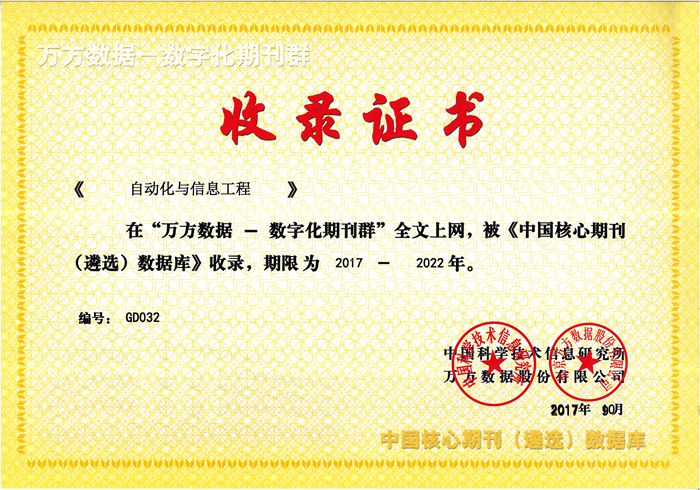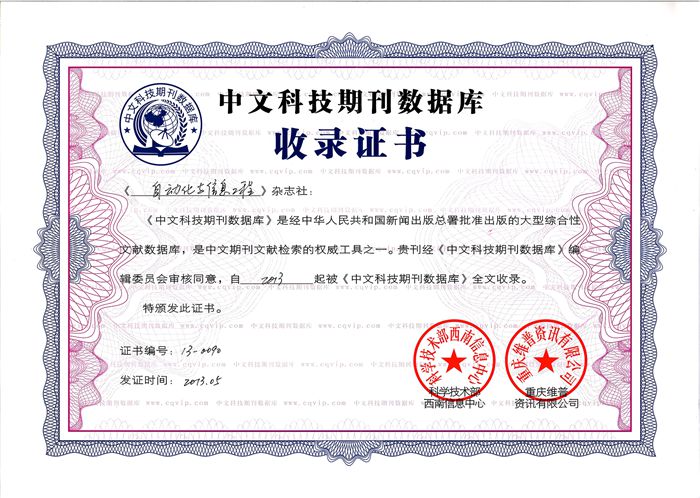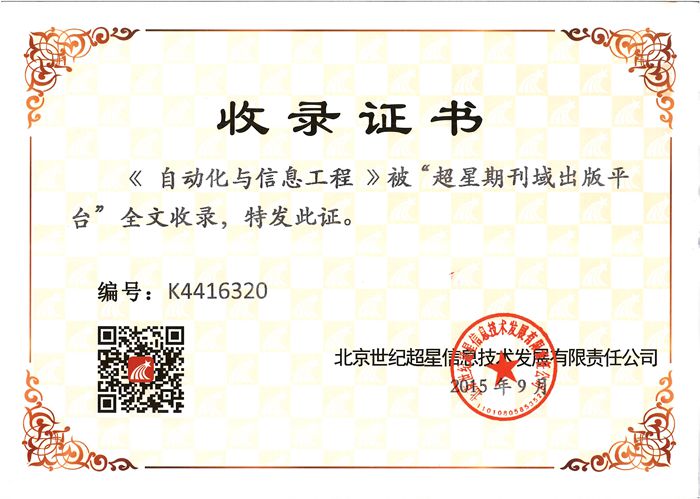2023年05期 v.44 52-57页
李颖1 王月2 郝建军3 王嘉锋3
(1.东莞中科云计算研究院,广东 东莞 523000
2.广东电子工业研究院有限公司,广东 东莞 523000
3.广州市黄埔区中医院,广东 广州 510700)
摘要:针对中医诊断过于依赖医生经验的问题,提出一种基于互信息的中医症状推荐系统。首先,对原始病例数据进行中医症状规范化,构建症状术语字典,使系统输入规范的症状;然后,通过互信息计算症状之间的关联性;最后,利用归一化折损累计增益(NDCG)指标验证症状的推荐效果,获得症状的推荐列表。实验结果表明,该系统能根据一个症状或多个症状获得其他相关联的症状,实现中医症状推荐功能。
关键词:中医;互信息;症状推荐;数据挖掘;症状术语字典;归一化折损累计增益
中图分类号:TP311 文献标志码:A 文章编号:1674-2605(2023)05-0008-06
DOI:10.3969/j.issn.1674-2605.2023.05.008
Chinese Medicine Symptoms Recommendation System Based on Mutual Information
LI Ying1 WANG Yue2 HAO Jianjun3 WANG Jiafeng3
(1.Dongguan Zhongke Institute of Cloud Computing, Dongguan 523000, China
2.Guangdong Electronics Industry Research Institute Co., Ltd., Dongguan 523000, China
3.Guangzhou Huangpu Traditional Chinese Medicine Hospital, Guangzhou 510700, China)
Abstract: A Chinese medicine symptom recommendation system based on mutual information is proposed to address the issue of excessive reliance on doctor experience in Chinese medicine diagnosis. Firstly, standardize Chinese medicine symptoms on the original case data, construct a symptom terminology dictionary, and enable the system to input standardized symptoms; Then, calculate the correlation between symptoms through mutual information; Finally, use the NDCG indicator to verify the recommendation effect of symptoms and obtain a recommended list of symptoms. The experimental results show that the system can obtain other related symptoms based on one or more symptoms, and achieve the recommendation function of Chinese medicine symptoms.
Keywords: Chinese medicine; mutual information; symptoms recommendation; data mining; dictionary of symptom terms; normalized discounted cumulative gain





























